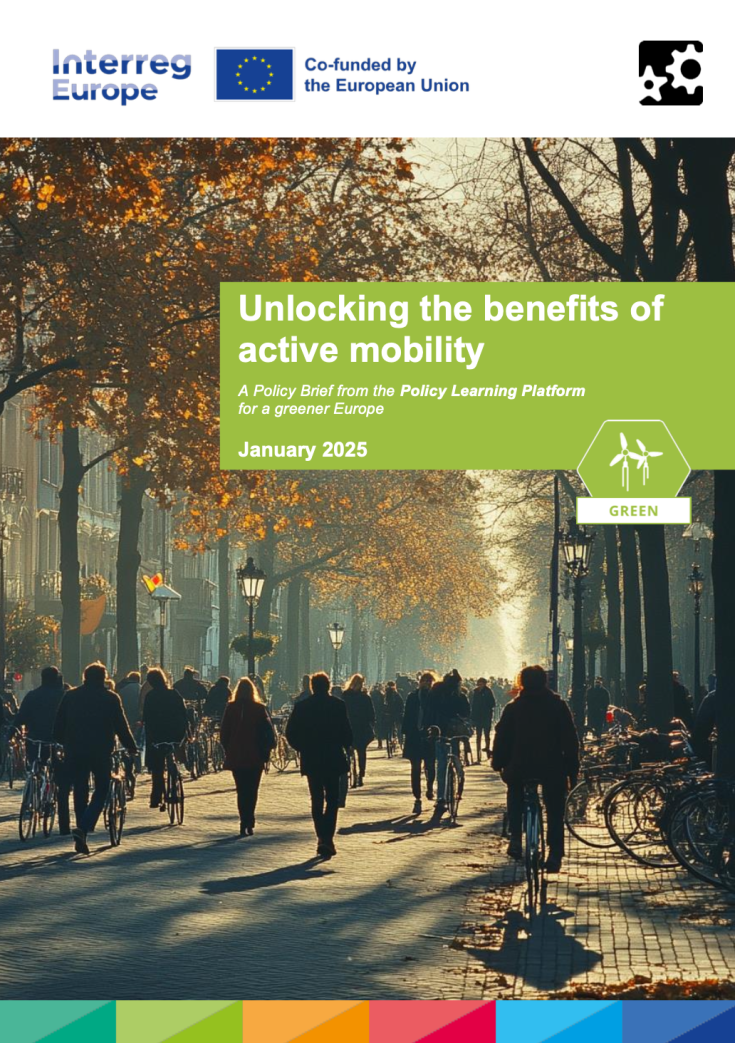EMBRACER showing benefits of active mobility

Active mobility such as walking and cycling, offers low-carbon, low-cost transport options with health and societal benefits. However, better integration into urban mobility policies is needed to encourage their use in urban areas.
Many cities overlook these modes in car-centric planning. However the EU’s Urban Mobility Framework and TEN-T regulation require 430 large cities to create Sustainable Urban Mobility Plans (SUMPs) and promote active mobility. This will help address urban challenges like:
- Air pollution
- Greenhouse gas emissions
- Public health
Local authorities must recognise active transport as essential, develop strategies, and integrate it into broader transport, environmental, and development policies. They can foster increased use through participatory planning, safe infrastructure, and linking active modes with public transport for multimodal journeys.
Engaging citizens, offering training, and supporting behavior change, particularly for marginalized groups, is key. Many resources are available for cities to implement these measures, with EU Member States mandated to support sustainable transport and SUMP development.
Interreg Europe has released a new Policy Briefing focusing on the benefits of active mobility, also sharing concrete examples and actions taken by cities/Institutions.
Three Good Practices from EMBRACER are included in the Policy Briefing!
- Promoting Walking in Tampere’s SUMP: Tampere, Finland’s third largest city, developed a SUMP (adopted 2021) to strategically address its mobility needs, and chose to prioritise sustainability and reduce car dependency by promoting walking, cycling and public transport.
- Participatory Planning for Coimbra’s Cycling Network Plan: Coimbra, Portugal, set out to increase its cycling rate and established a detailed proposal in 2018 for implementing cycling lanes. Having used a top-down process, Coimbra switched to a new methodology in 2023, enabling co-design and participatory planning with citizens.
- Prleški bicikl – Automated Bike Renting System: In order to improve connectivity between settlements, the Municipality of Ljutomer (Slovenia), implemented a bike sharing scheme in its Local Action Group (LAG), comprised of six municipalities. The area lacked public transport options, with most residents instead reliant on private cars.
Read the Policy Briefing and find out more!
